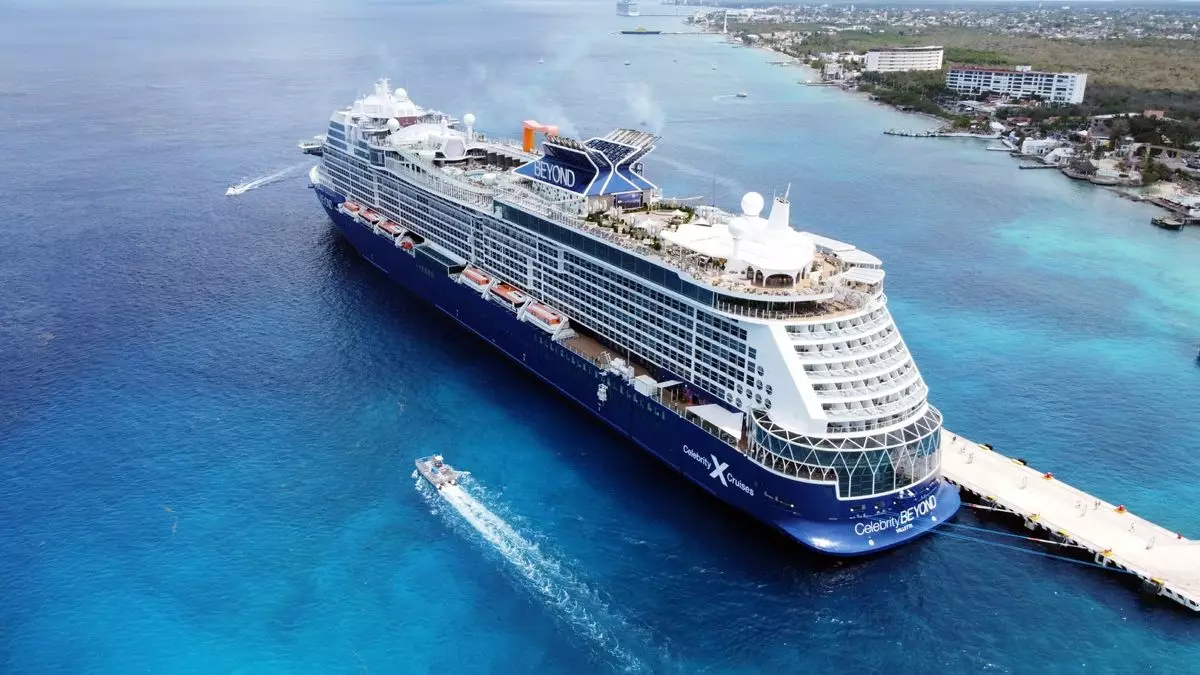Mexico’s Senate has recently approved a contentious law that imposes a $42 immigration fee on cruise ship passengers, prompting significant backlash from the tourism sector. This decision came after the measure was passed in the lower house and is set to take effect in 2025. While the rationale behind the fee may seem to align with national revenue goals, it poses serious questions regarding the long-term viability of Mexico’s cruise industry and its reputation as a premier travel destination.
This fee is set against the backdrop of Mexico’s stunning Caribbean coast, which includes Cozumel—the world’s busiest cruise port, boasting approximately 4 million arrivals annually. The National Confederation of Commerce, Service and Tourism Chambers has already warned that this charge could deter tourists, pushing them to consider competing Caribbean destinations that do not impose such fees.
Historically, cruise passengers were exempt from immigration charges, based on the premise that many remained onboard during port calls. However, the new policy will alter this long-standing exemption, extending charges even to those who prefer to stay upon their vessels. This sudden shift will not only impact passenger choices but also represents a broader trend aiming to monetize tourism experiences without fully considering the repercussions on visitor volume.
The tourism economy thrives on accessibility and affordability; imposing an additional fee changes the calculus for many potential travelers. As Octavio de la Torre, president of the National Confederation of Commerce, has indicated, this fee could significantly reduce the number of cruise visitors and tarnish Mexico’s competitive edge in the Caribbean tourism landscape.
The implementation of these charges aligns with broader governmental efforts to bolster fiscal revenues amidst massive budget deficits. The ruling Morena party has faced criticism for its funding priorities, including costly infrastructure projects often backed by the military. The decision to allocate two-thirds of the revenue generated from this immigration fee to the military rather than improving port facilities reflects a troubling prioritization of spending. Critics argue that this misallocation of funds may hinder investment in much-needed infrastructure improvements that could enhance the experience for cruise passengers.
Furthermore, as global tourism trends shift towards sustainability and responsible travel, the introduction of such fees could place Mexico at odds with emerging industry norms. The world is witnessing a growing movement to curtail cruise tourism due to concerns about overtourism and environmental degradation. Ironically, initiatives that might protect local communities from the impact of mass tourism also risk dissuading visitors from choosing Mexico as their primary destination.
While Mexico’s government seeks new revenue streams, a more nuanced approach is essential to ensure the sustainability of its tourism sector. The imposition of fees must be carefully balanced with maintaining the attractivity and competitive advantage of destinations like Cozumel. Policymakers should explore alternative funding sources that would lessen the burden on individual tourists and encourage a thriving ecosystem where visitors and local economies can prosper together. Ultimately, the challenge is to find a way to both fund governmental initiatives while safeguarding the tourism industry’s long-term vitality.


Leave a Reply